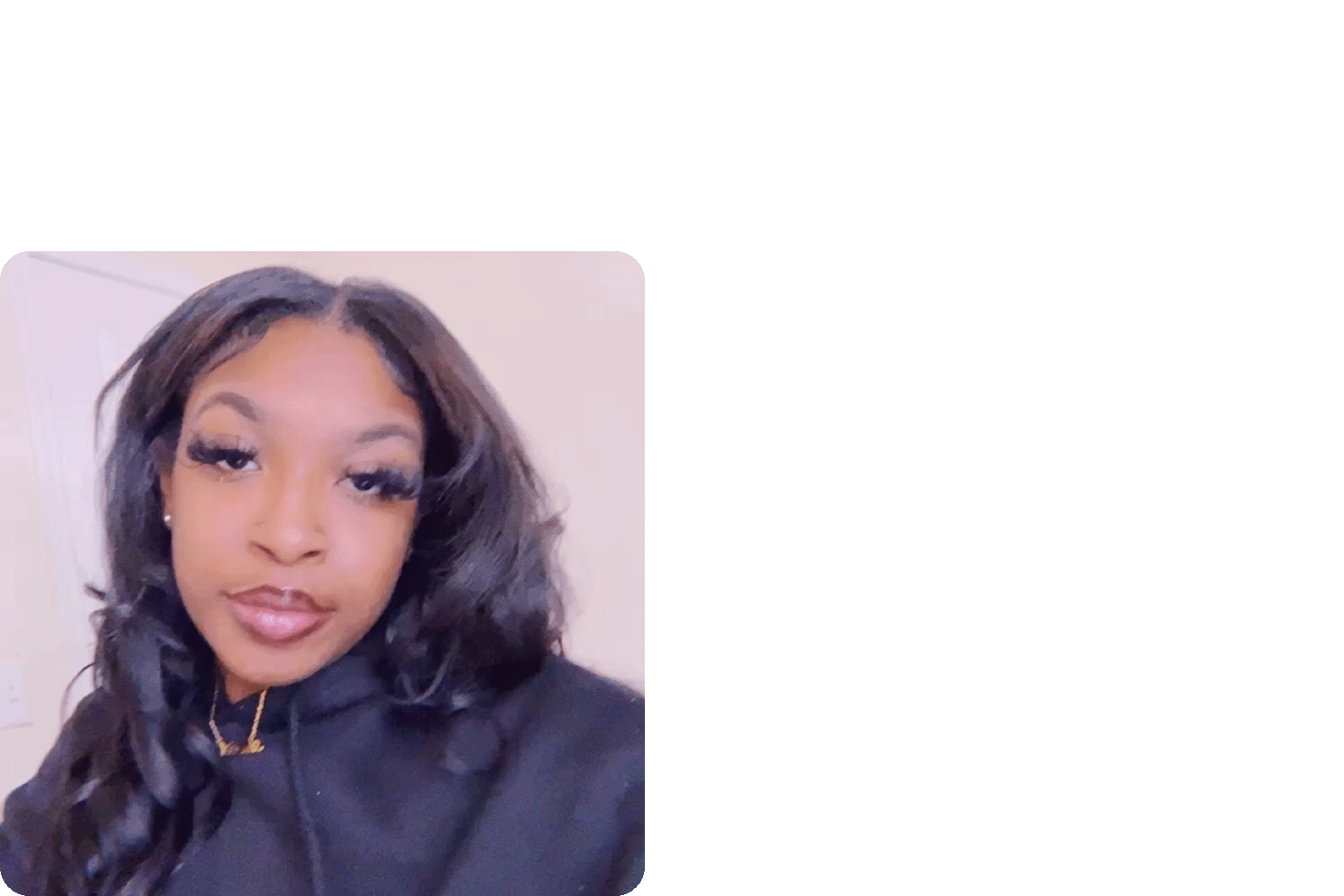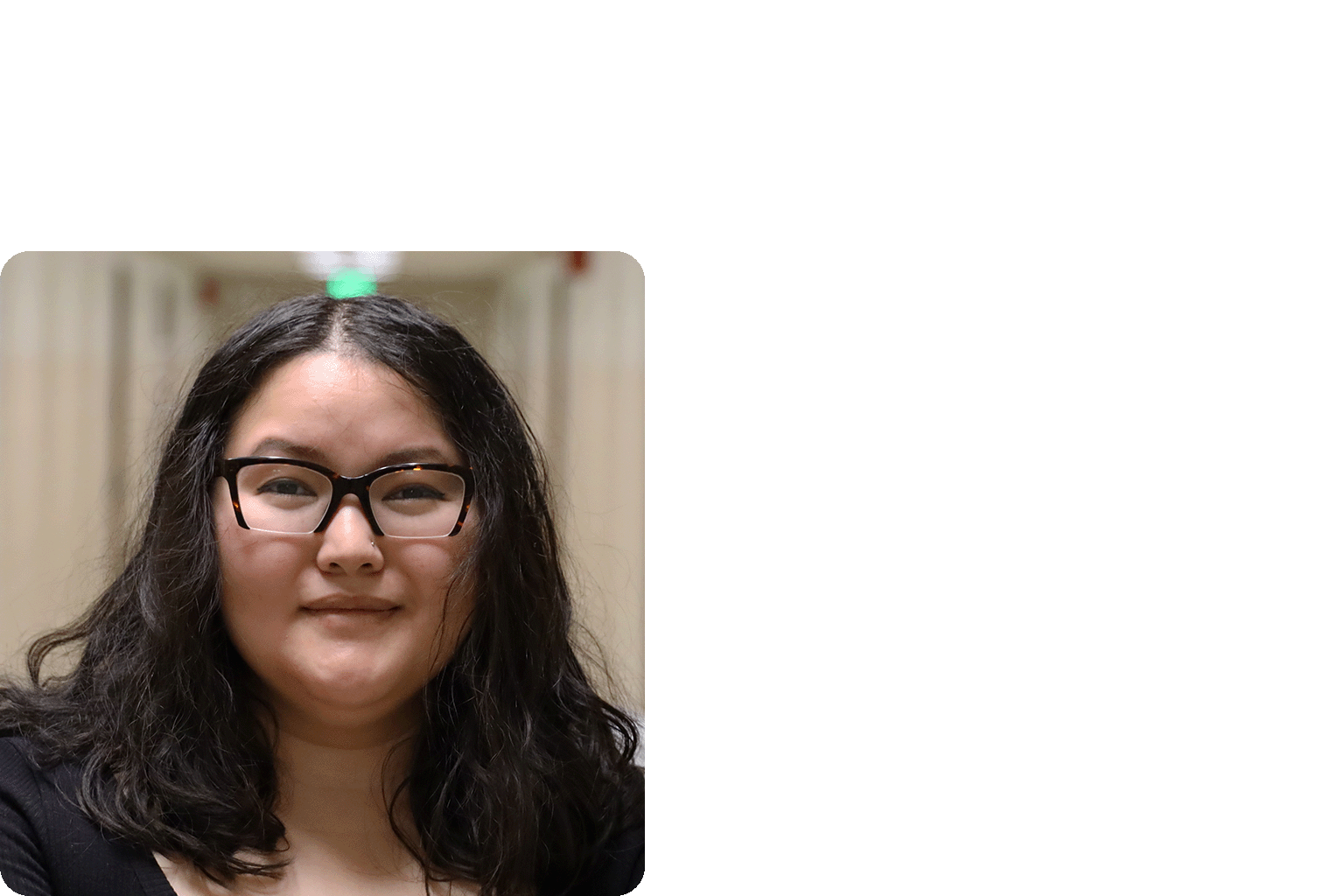
PBS junior, psychology | Hometown: Indianapolis, Indiana
Where do you hope your studies at IU will lead you?
I hope my studies at IU will eventually lead me into the field of clinical psychology. My dream career is to work with individuals who struggle with mental illness.
What is your favorite part about the Department of Psychological and Brain Sciences?
My favorite part of the Department of Psychological and Brain Sciences is the Psychology Club. I think it’s a great way for us students to come together and it helps connect with those who share a similar major.
Are there any staff or faculty members within our department who have had a positive impact on you?
I would say one faculty member who had a positive impact on me was Irene Vlachos-Weber. Since I was a part of “the COVID class,” it was difficult to really connect with anyone on campus. But she made this easier when she organized an ice cream social for our intro psychology class and a tour of campus, which really made me feel welcome.
What is something most people are surprised to learn about you?
Most people are surprised to learn that I have had a hard upbringing. Yet, despite the cards I’ve been dealt in my life, I have never taken that as an excuse to just give up. I work hard every day because I have something to prove to myself as well as my family.
What did you learn while working as a camp counselor at the Dayspring Center this past summer?
One thing I learned while working at Dayspring Center is the importance of nurturing children. You’ll be surprised to see how far a little love goes. I also believe taking a course in developmental psychology prior to taking the position helped me apply the tools I learned while working with children. We must remember we are raising future adults.
Is there anything we can do as a department to to better support you?
The only thing I ask for from the department is encouragement. As a first-generation college student, it becomes overwhelming sometimes. It’s important to know you have someone in your corner.



 The College of Arts
The College of Arts